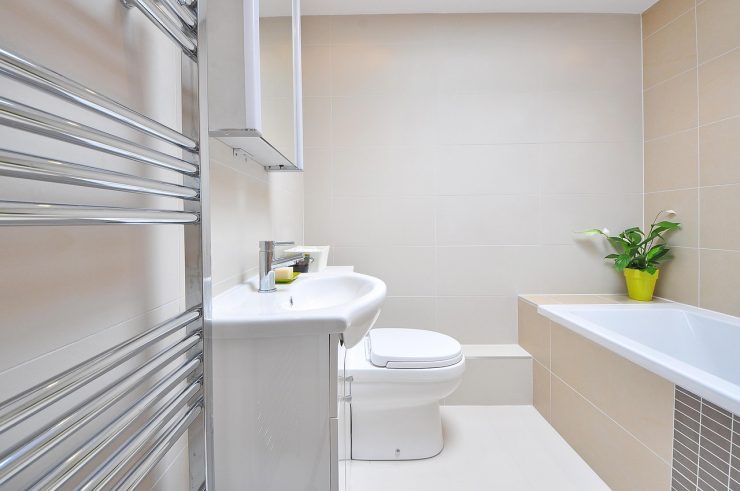Waking up to use the bathroom more than once during the night? That’s more common than many realize. According to the Urology Care Foundation, about one in three adults over 30 experience nocturia, the need to urinate excessively at night. It may stem from producing too much urine, a bladder that doesn’t hold as much, or a combination of both.
Research shows nocturia isn’t just a sleep disruption—it can impact overall health and wellbeing. Poor sleep is tied to memory problems, fatigue, mood issues like anxiety or depression, gastrointestinal upset, heart problems, and even a higher risk of falls. Sleep is vital, and when it’s interrupted regularly, the entire body feels it.
What Causes Nocturia?
Several health conditions, medications, and lifestyle habits can contribute, but one of the most common factors is aging. As people age, the body produces less of the hormone that slows urine production at night. The bladder also becomes less elastic over time, so it holds less, leading to more frequent nighttime trips.
In men, nocturia is often linked to an enlarged prostate, which prevents the bladder from fully emptying. In women, pelvic floor weakening after childbirth or reduced estrogen levels during and after menopause can also play a role.
Other Common Causes
A few other health issues can lead to nocturia:
-
Heart disease
-
Diabetes
-
Liver problems
-
Alzheimer’s or Parkinson’s
-
Overactive bladder
-
Prostate tumors
-
Interstitial cystitis
-
Pregnancy
-
Obesity
Keeping a journal or using a tracking app like BladderTrakHer can help monitor patterns and share information with a healthcare provider.
Strategies That Can Help
Reduce fluids before bed
Start by cutting back on evening beverages—especially alcohol, tea, and anything with caffeine. While this simple change may bring quick relief, it’s important not to drastically reduce daily fluid intake, which can cause dehydration or even a urinary tract infection (UTI).
Watch for UTI symptoms
Increased urgency at night may signal a UTI, especially if accompanied by fever, lower abdominal pain, or blood in the urine. Staying hydrated during the day, adding probiotics to the diet, and practicing good hygiene can help reduce the risk.
Evaluate medications
Some prescriptions—like diuretics—are designed to eliminate excess fluid but may unintentionally increase nighttime urination. Taking these medications earlier in the day or exploring alternatives with a doctor could make a difference.
Address sleep disorders
Sometimes it’s not the bladder waking people up—it’s a sleep issue. Sleep apnea, chronic pain, anxiety, and depression can disrupt sleep and make nocturia feel worse. Treating the underlying sleep disorder may reduce nighttime bathroom trips.
Try natural remedies
Many people with nocturia have reported success with eating a handful of raisins before bed—about a quarter cup. While this remedy is anecdotal and may not work for everyone, it’s simple, safe, and worth trying for a few nights.
Limit bladder irritants
Certain foods and drinks can worsen bladder sensitivity, such as:
-
Alcohol
-
Caffeine (coffee, tea, chocolate)
-
Tomatoes and tomato sauces
-
Spicy foods
-
Acidic fruit juices
-
Processed foods
Reducing or eliminating these may ease symptoms.
Strengthen the pelvic floor
Weak pelvic floor muscles can make urinary symptoms worse. Kegel exercises are a simple, proven way to strengthen these muscles. To find the right ones, try stopping the flow of urine midstream. Then practice tightening and relaxing those same muscles several times a day while lying down or sitting comfortably.
Incorporate yoga
Yoga poses that strengthen the pelvic region—like squats, bridge pose, chair pose, and child’s pose—can improve bladder control and support overall pelvic health. Even just a few sessions a week can be beneficial.
Tackling nocturia often requires a combination of lifestyle tweaks and professional support. If symptoms persist or worsen, it’s always a good idea to speak with a healthcare provider to rule out underlying conditions and find the best personalized approach.











